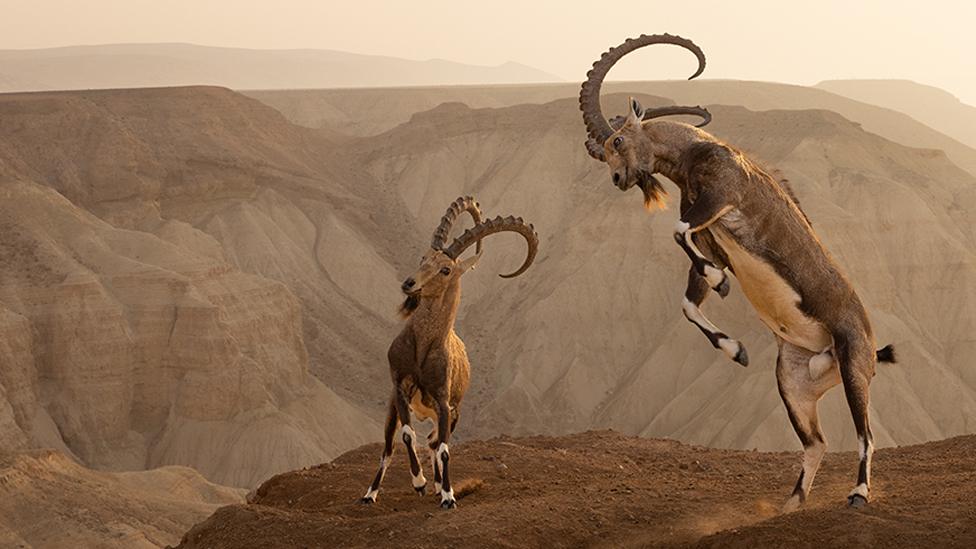Photographer stops time to snap butterflies and birds
- Published
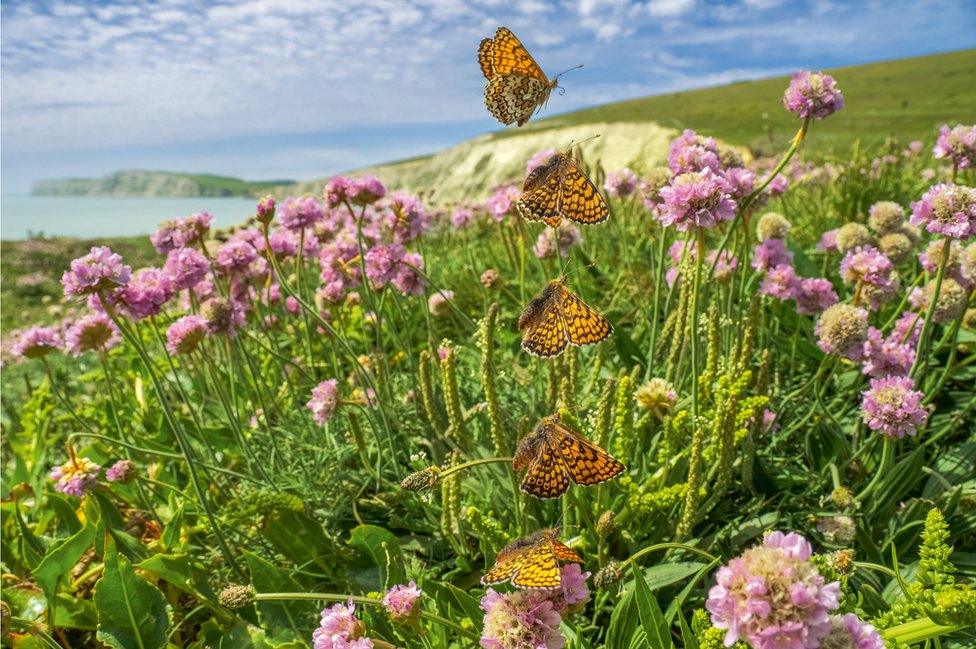
The take-off of a Glanville fritillary butterfly is shown in one frame by Andrew Fusek Peters
A wildlife photographer has revealed how living with a cancer diagnosis led him to develop techniques to "make time stop" as he captures stunning images of butterflies and birds.
Andrew Fusek Peters, from Shropshire, said he had taken up photography as a hobby after his work as a children's author had become very stressful.
"I got very, very ill - mentally - and I burned," he explained, "coming through that very dark period in my life I knew I had to do something else."
"Dipping into nature" had prompted a love of photography, he said.
"That was 10 years ago and I was hooked, and I'm still utterly addicted.
"I hope that there is no rehab in the world that will cure me of this because going out to nature has been phenomenal for my mental health," he added.
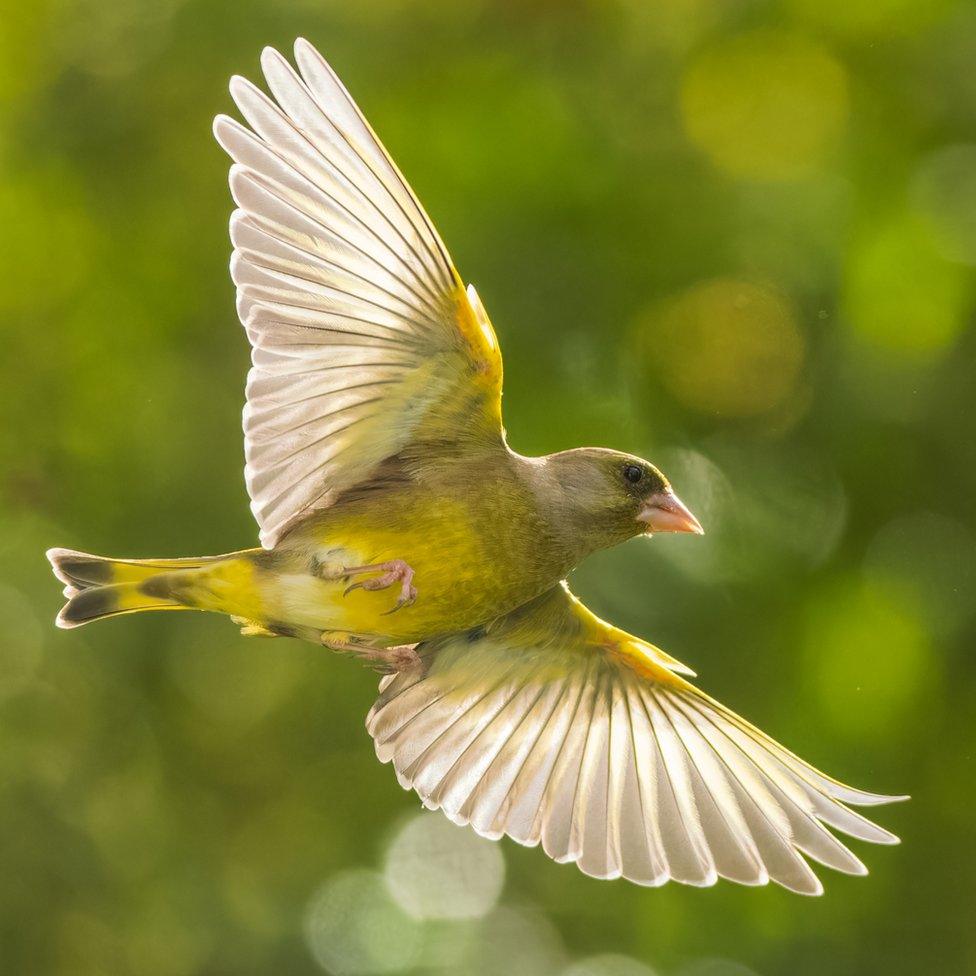
The photographer captured this greenfinch in a neighbour's garden
Surgery following a diagnosis of bowel cancer in 2018 found the photographer forced to stay at home.
"I was terrified, I was scared and I didn't really know what was happening," he said.
"I was looking at the commas and the red admirals and the painted ladies - all these butterflies in the garden.
"I was watching them nectaring and taking off and wondering why we were not seeing photographs of butterflies in flight.
"And that's because it's really difficult."
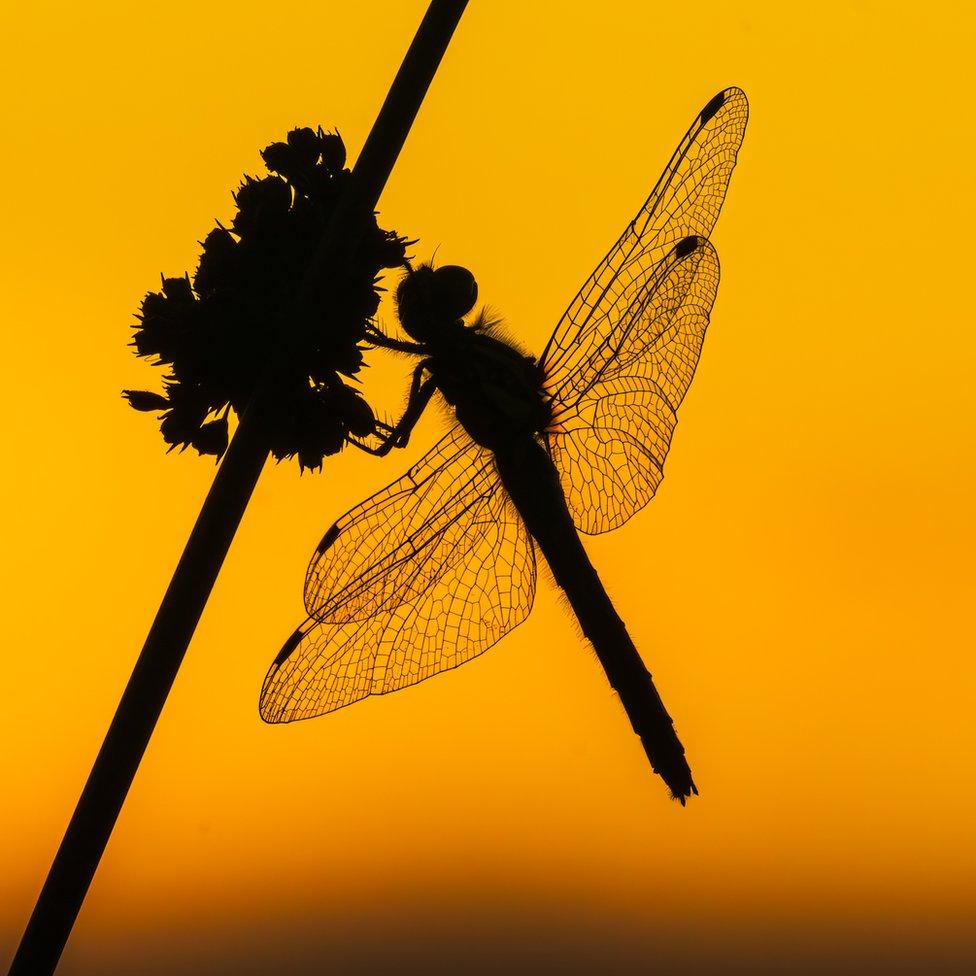
The photographer has been capturing wildlife in his Shropshire home for a decade
He started working with a high-speed photography system that allowed him to do "this amazing time travel thing".
"The camera is constantly saving photos as you half press on your shutter button, and then when the butterfly or the bird takes off you fully press and it's saved all those photos," he said.
"It all sounds a bit geeky but it means that it travels back in time."
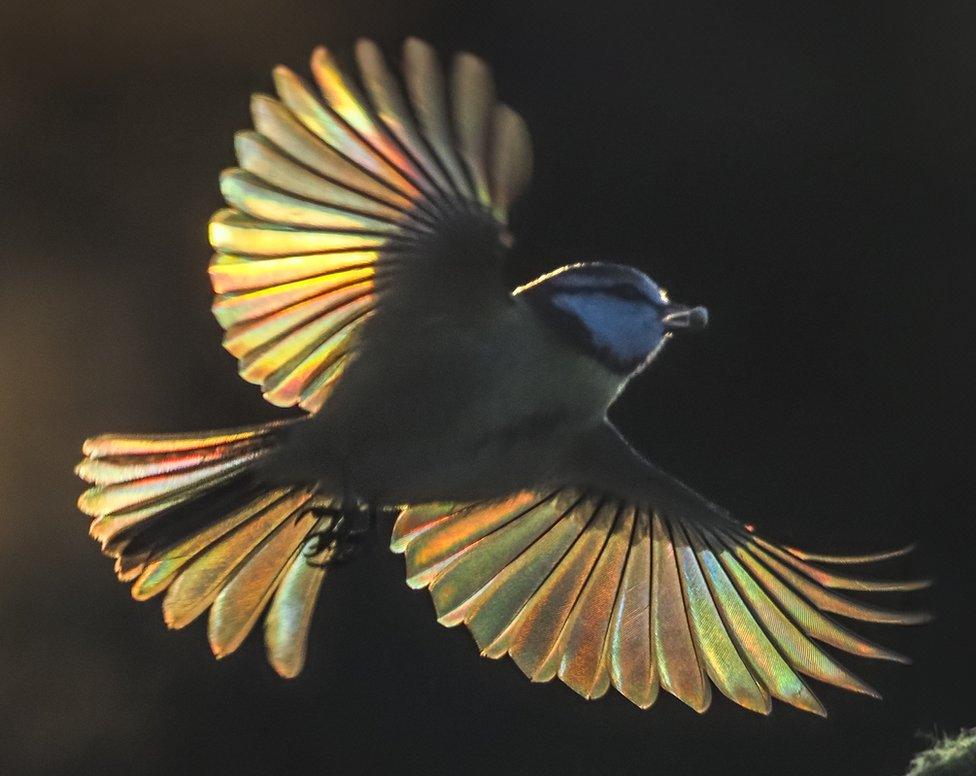
A shot showing light refracting through a blue tit's wings was "ultra rare" said the photographer
He typically takes between 10,000 and 15,000 shots to get one butterfly take-off sequence in focus.
"There are no short cuts. I'm really putting a lot of hours in," he said.
"The first time I photographed a butterfly in flight in focus I just went 'wow, that will do nicely', and that was the trigger."
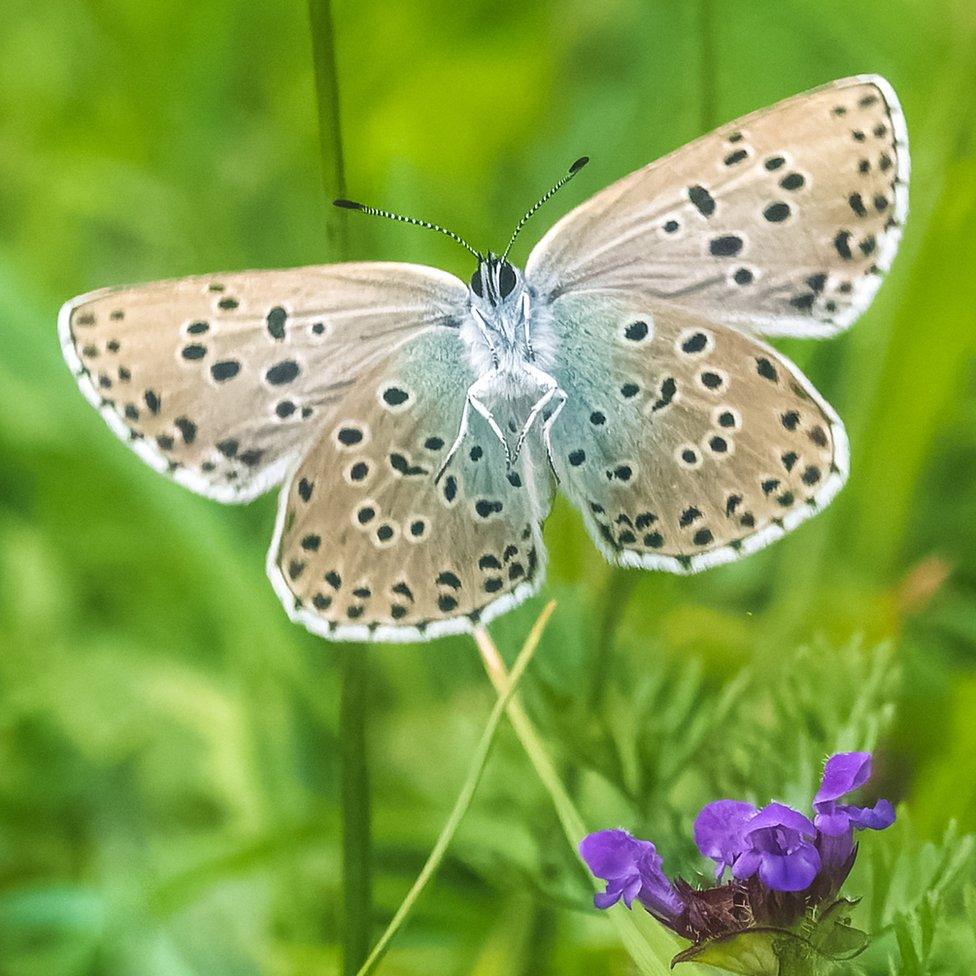
All of Britain's native butterflies are documented in his book - Butterfly Safari
Capturing butterflies is "such a moment of intensity and intimacy that I must never, ever take it for granted", he added.
Following his illness, he explained he had started to send his photographs to press agencies "and a lot of them got into the national papers".
A book - Butterfly Safari - containing pictures of all the UK's native species followed, "which had a phenomenal response from throughout the world".
Collecting those pictures was "probably the most fun I've ever had in my life", he explained.
"I completely went for it and just drove up and down the country.
"You bring home treasure in your memory card, what's not to like about that?"
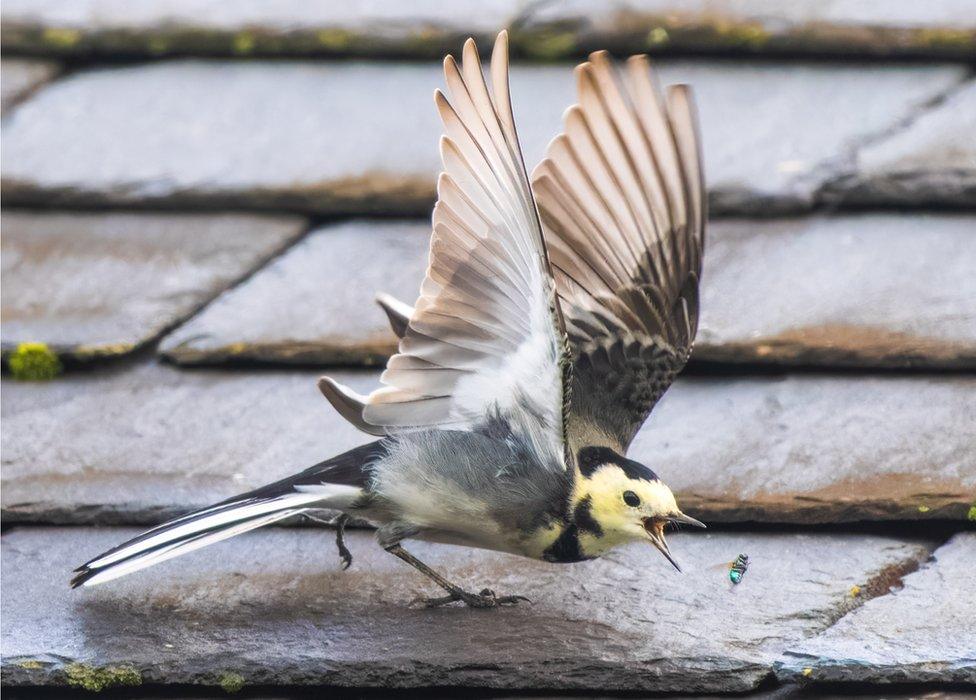
A wagtail is pictured with what was about to become dinner
He is now working on a book documenting garden wildlife, including birds, foxes and badgers, which is due to be published in 2025.
"What I'm excited about once again is a celebration of what's here and under my nose, what's in the garden and what's in the local lake," he said.
Highlights of 2023 included capturing images of the aurora on the Long Mynd in Shropshire and photographing a breeding kingfisher in a local river.
He said: "I was able to sit on the bank watching it go in and out of its nest, then watch it dive into the water to clean itself up; that for me was like my lion or tiger moment."
Another picture showing early morning light refracting through the wings of a blue tit created an "aerial rainbow, he said.
The shot was "ultra rare and almost never captured," he added.
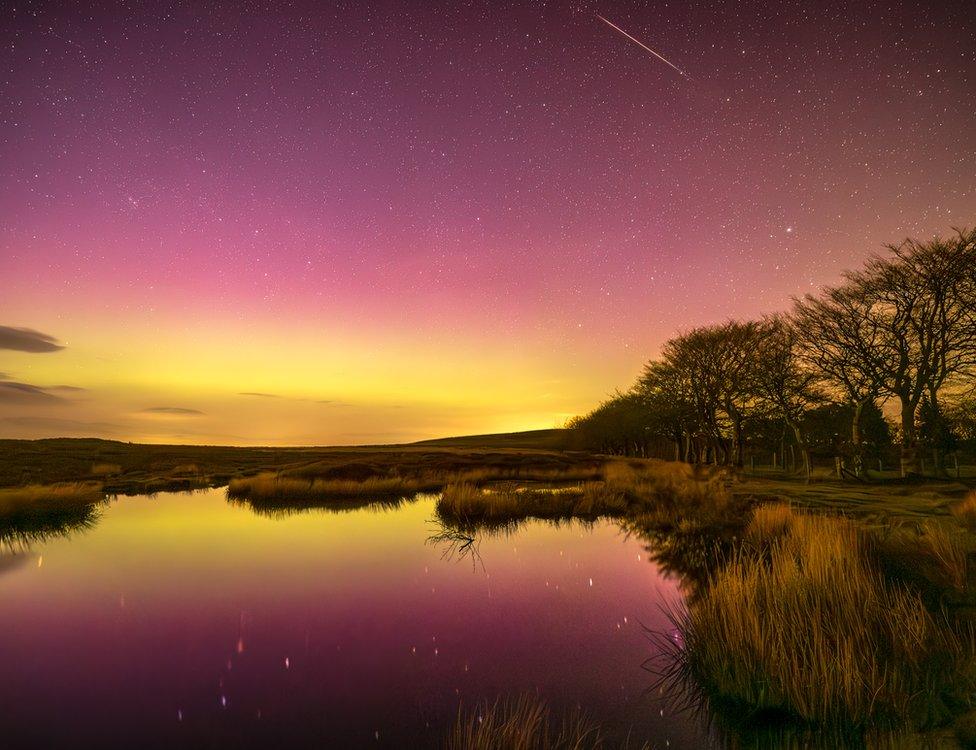
A highlight of his year was capturing a meteor and the aurora reflected on a pond on the Long Mynd
Pictures showing wild ponies fighting in the same area were also featured in the national press.
"I was driving past and I just jumped out of the car to get those shots," he said.
"So the thing that took 10 minutes went in six national papers, I've never had that before."
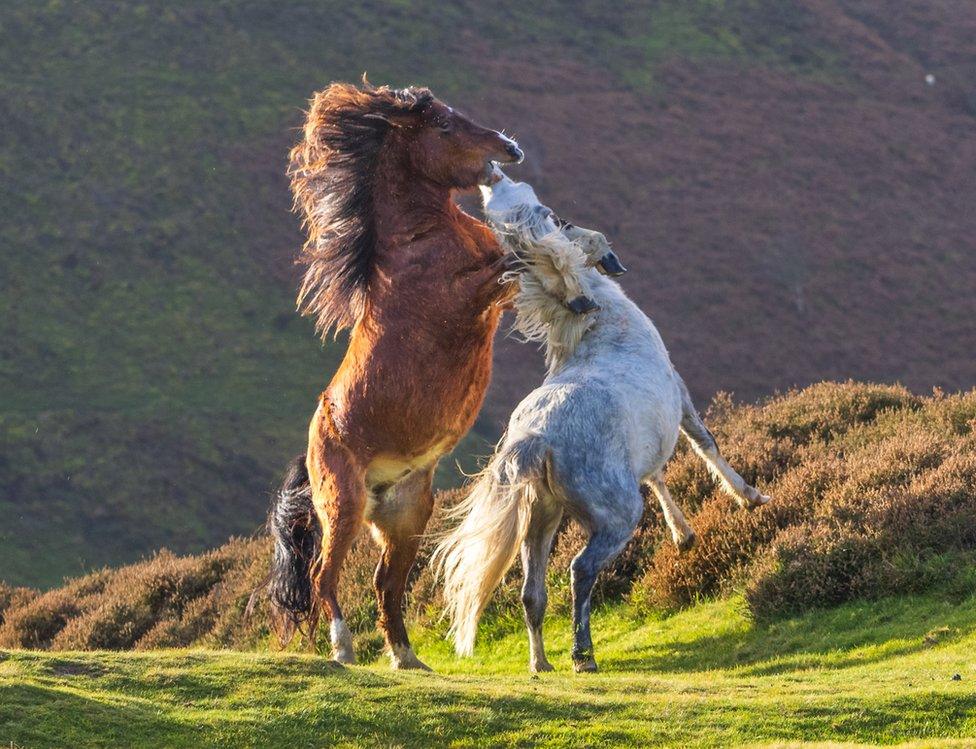
Wild stallions are pictured fighting in a display of dominance
He said spending so much time with wildlife, he had grown "increasingly concerned" about the state of conservation in the UK.
"It's hard when I'm out and I get a joyful moment with a rare species, or just a beautiful moment with a common species, and then suddenly this gloom descends," he said.
But on a more positive side, he added there were a "huge amount" of volunteers and farmers working to help preserve wildlife habitats.
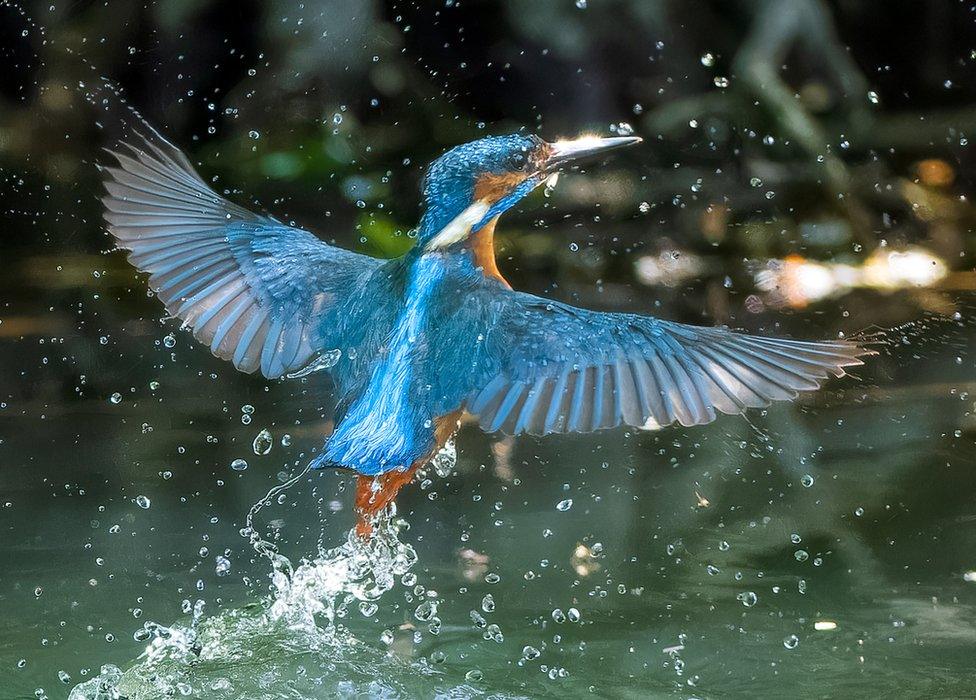
Discovering a kingfisher in local water had been another highlight of the photographer's year
He had now been cancer-free for four years, he added.
"There's always the fear there but anybody that has been through it will understand," he said.
"But I remain hopeful to grow old disgracefully and keep taking lovely photos."
Butterfly Safari is published by Bird Eye Books.
All photos subject to copyright.

Follow BBC West Midlands on Facebook, external, X, external and Instagram, external. Send your story ideas to: newsonline.westmidlands@bbc.co.uk, external
- Published29 April 2023
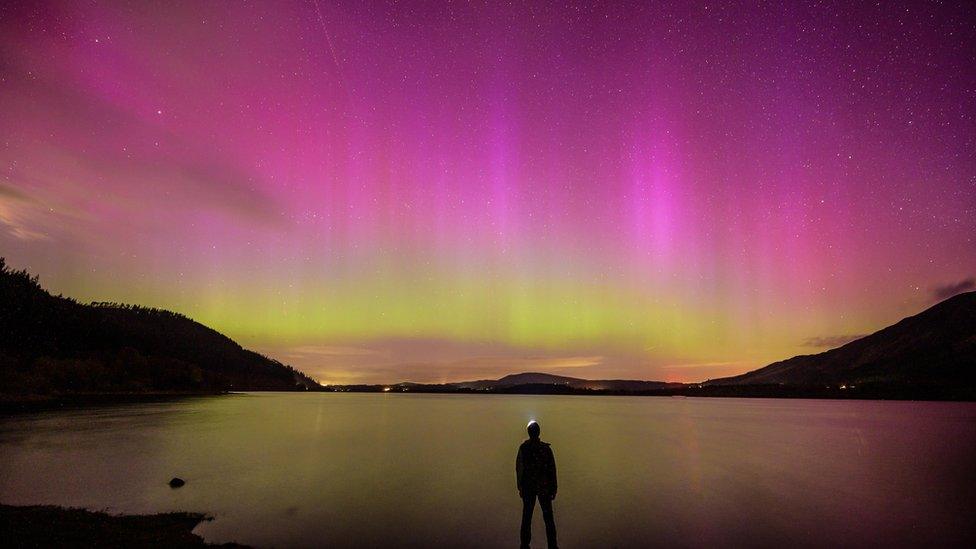
- Published21 December 2023
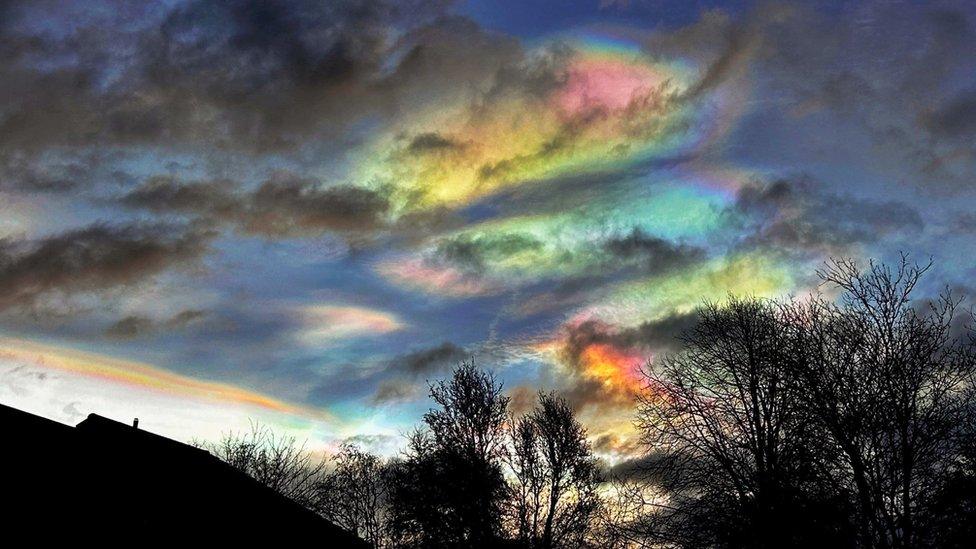
- Published11 October 2023
